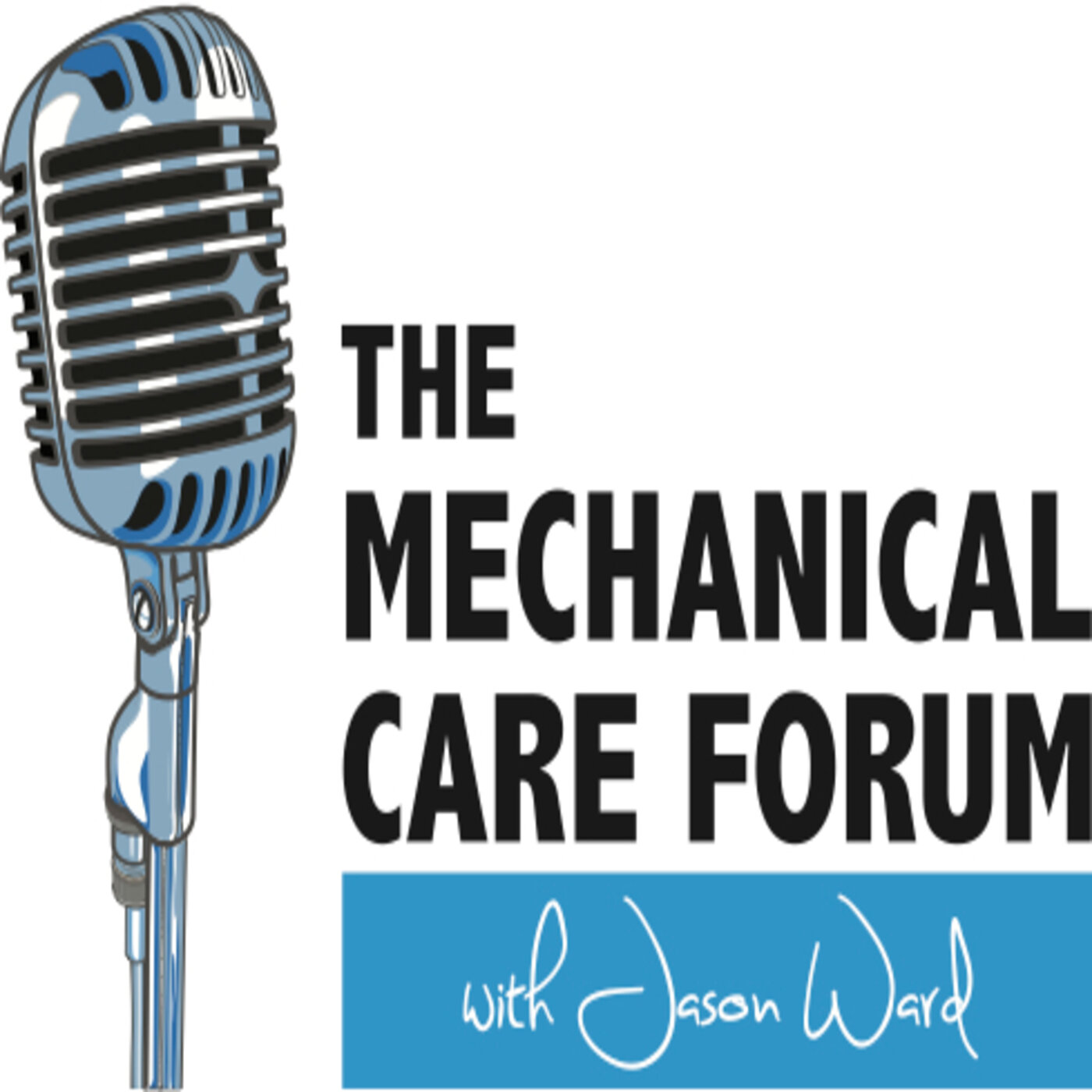Dave Oliver
Physical Therapist
Ann Arbor, MI
Show Notes
Professional Background
Originally from England trained at University of Bradford in 1993 with first years exposed to a hospital setting and patient types. He was exposed more to Cyriax and selective tension principles but wasn’t satisfied with using it for the spine. Maitland approach was a large part of his training but he never bought in to its principles. He was exposed to some McKenzie lectures in his schooling but it was’t until a Part C course that he better understood and began to more accurately use it. Since 2002 or 2003 he’s been using Mechanical Diagnosis & Therapy exclusively. He underwent the diploma program in Mechanical Diagnosis & Therapy in 2003 and upon completion he wanted to go further and so he pursued a faculty position.
He finds consistent deficiencies with students in their assessment.
Firstly, setting baselines and retesting appropriately to direct care. Secondly, he sees history taking flaws of not having as purposeful questions and not allowing the flow of the interview and the next question to be directed by the answer of the previous question. He views the development of EMR use as having the potential to disrupt the natural flow of the history taking and deter capturing information that would help identify the classification.
He views deficiencies with classifying patients as another issue that he sees a lot.
Quote
A meaningful quote that Dave believes is relevant to the mechanical clinician is from his background training in Cyriax which is, “Never assume anything”
“Heal thyself.” from Robin McKenzie is another quote he believes is important to remember. He doesn’t want to be thought of as “fixing” patients but he rather teaches his patient to manipulate their environment to heal tissue.
Greatest Challenges
A large barrier we face as conservative musculoskeletal providers is lacking in direct access and the different philosophy that most physicians have. The healthcare system in the US is dysfunctional in that it pays for what one does to the patient. That impacts a lack of referrals from other discipline clinicians also seeing patients with musculoskeletal and not fully understand what we do.
He offers encouragement that possibly society will ultimately seek more effective care that is cost-efficient.
We hope to deliver this content to the committed professional who wants to improve his/her care and we hope to do it in a way that is easily accessible, the world over, in today's technological age.
To contribute:
Give a 5-star review on iTunes;
Share EP #7 with a friend; and/or
Connect with us on the Spotify MCF Podcast and MCF Instagram page!
Thanks for your support!

